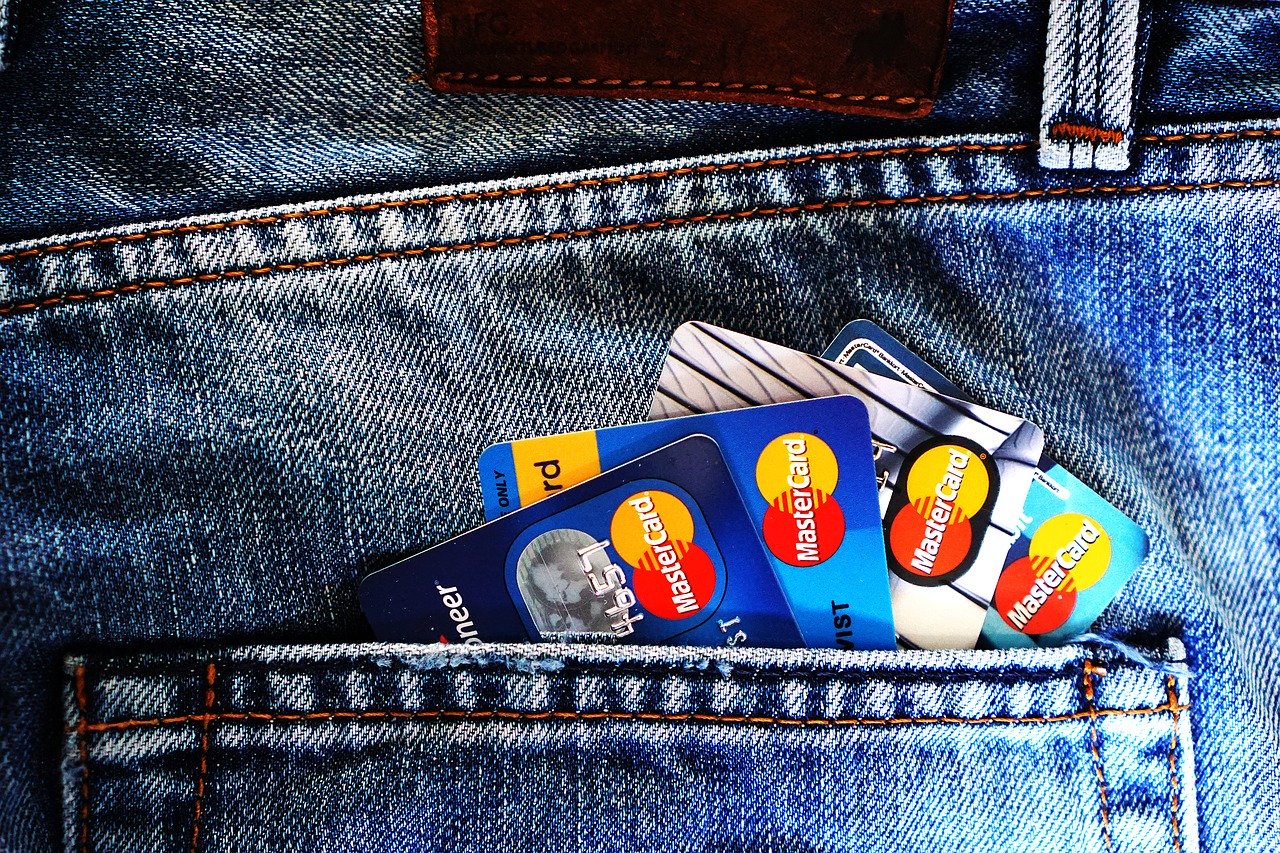
A credit card is basically a plastic payment card issued by banks to consumers to allow them to make a single payment for goods and services on a monthly basis, which the user has agreed to the lender to cover them for the payments plus the agreed interest. The credit card issuers are not legally bound to provide these credit cards to consumers; this is usually the case with debit cards but not necessarily with credit cards. The issuers generally charge a fee, which is also paid when a consumer chooses to redeem their credit card for cash or merchandise.
Credit cards offer some advantages to consumers. One advantage is that they allow the credit holder to get money quickly from their bank account if they need it quickly. However, they can be expensive. Because of the high fees charged for each transaction, it is often better to use a debit card to make purchases. In addition, as a debit card cannot be used at certain locations, it does not provide the convenience of a card which can be used in many different ways.
The disadvantage of credit cards is that they are used by people who cannot otherwise afford to make regular purchases, because of insufficient income, a bad credit history or any other financial issues. In addition, many people use their credit cards excessively, for things such as travel, groceries and entertainment, making them fall into debt, which can cause problems down the road.
It is important to be wary when using a credit card. If the user is not careful they can end up with debt and have little or no money left over in their pocket. To avoid this problem, it is recommended that a person limit the amount of money they spend in a month. If they spend more than they have left, they may end up paying too much interest to their credit card issuers and end up with more debt than they had originally planned for.
It is important to make sure that you know what the monthly payment will be before you begin to use your card. It is also important to read the fine print of your credit agreement carefully. Most credit agreements will include limits on the amount of purchases that can be made in a month.
There are several companies that manufacture credit cards. They typically provide you with a card that is tied directly to a bank account and will provide you with monthly statements from the bank showing how much money you have left in your account. These statements allow you to track your spending and know where you stand financially. It is also helpful to compare the cost of the credit cards between several card issuers.
Credit cards have some drawbacks, although it depends on whether or not they are a good fit for you. Some disadvantages of credit cards include not being able to use your own credit card for purchases, and that they can be very expensive to use. Most credit cards do not provide any grace periods to allow you to catch up with your bill, especially if you have a lot of debt and can get into debt very quickly. Also, many cards have expiration dates, which can limit the amount of time that you can make future purchases if you are spending over your limit.
If you have a bad credit record and want to build your credit rating, it is always best to pay your monthly payment on time, and try to pay as much as possible every month. The best way to build your credit score is by making your monthly payments on time every month. If you make your payments late, this can damage your credit history and negatively affect your credit-card limit.
Credit cards can help people manage their finances, but should only be used with caution. They are great to keep track of spending and can be very helpful if you plan well in advance, so you know where you stand financially.
With all the available credit cards on the market, finding the best one for you can be difficult. If you use common sense and are cautious, you can find a credit card to suit your needs.